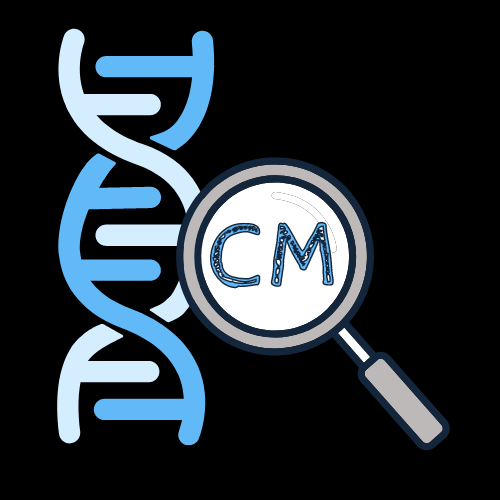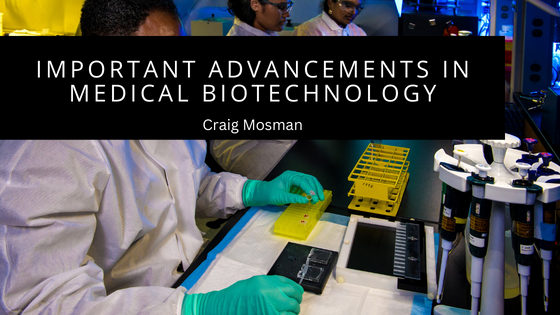Medical biotechnology is a field that involves the use of living cells and cell materials to develop new drugs and diagnostics. These products are used to treat and prevent diseases. Some of the significant achievements of this branch include the development of the Ebola vaccine and the mapping of human DNA.
Some of the most common applications of biological tech include drug treatments, genetic testing, and artificial tissue growth. Due to the increasing number of innovations in this field, there are new ethical and funding concerns. This article aims to provide a comprehensive overview of the various aspects of medical biotechnology.
Medical Biotechnology Advancements
Medical biotechnology has the potential to transform the lives of many people. From cancer research to agricultural innovations, this field has the potential to provide new and effective treatments.
- CRISPR
The technology known as CRISPR-Cas9 is a type of molecular scissors that can cut DNA. It is commonly used in medical biotechnology to alter the genetic makeup of a gene. This is referred to as genetic engineering. Through this process, scientists can also adjust the functions of genes.
Although medical biotechnology has the potential to create new and effective treatments, the ethical issues surrounding this technology are still being debated. For instance, the ability to alter the genetic makeup of a gene is considered controversial.
According to new studies, using this technology could create cancer and tumors by removing DNA without being controlled. Despite the various concerns raised by the technology, many scientific organizations and pharmaceutical companies are still trying to downplay the effects of this technology.
- Tissue Nanotransfection
Scientists believe that through the use of tissue nanotransfection, the ability to heal people could be achieved through a single touch. In laboratory tests, the technology could turn the skin cells into vascular and other types of cells.
This technology could also treat other conditions, such as those caused by car crashes. Through this process, gene therapy could treat soldiers injured on duty. The continued development of this technology will only help improve its capabilities and make it widely available in hospitals and medical centers.
- Recombinant DNA Technology
Recombinant DNA involves combining the DNA molecules of two different species. When inserted into a host organism, this new DNA can then be produced to create new genetic combinations for various industries and medicine. There are many applications of this technology, such as in the development of biofuels and agriculture.
Recombinant DNA can produce genetically modified products that perform better than their conventional counterparts. For instance, agricultural products grown using recombinant DNA can be more resistant to pests and diseases. Because of the numerous advantages of this technology, researchers are still optimistic about its potential in the future.
- Genetic Testing
In addition to helping people understand their heritage, ancestry and genetic kits are also beneficial for other reasons. According to new studies, saliva samples can be used to test for breast cancer. They can also identify people more prone to diseases commonly associated with certain races.
Although 23andMe tests are not a reason to make decisions regarding your health, they can help people understand their heritage and make informed decisions regarding their health. The company is also authorized to analyze the genetic data of individuals for various diseases, such as Alzheimer’s and Parkinson’s.
- HPV Vaccine
You’re probably aware of the Human Papilloma Virus, which is known to cause cervical cancer. This disease is the second-leading cause of cancer death among women. According to statistics, about 275,000 women in the US are diagnosed with this disease annually. The FDA has approved two new vaccines for use against HPV. These are known as Cervarix, and the HPV vaccine called Gardasil.

